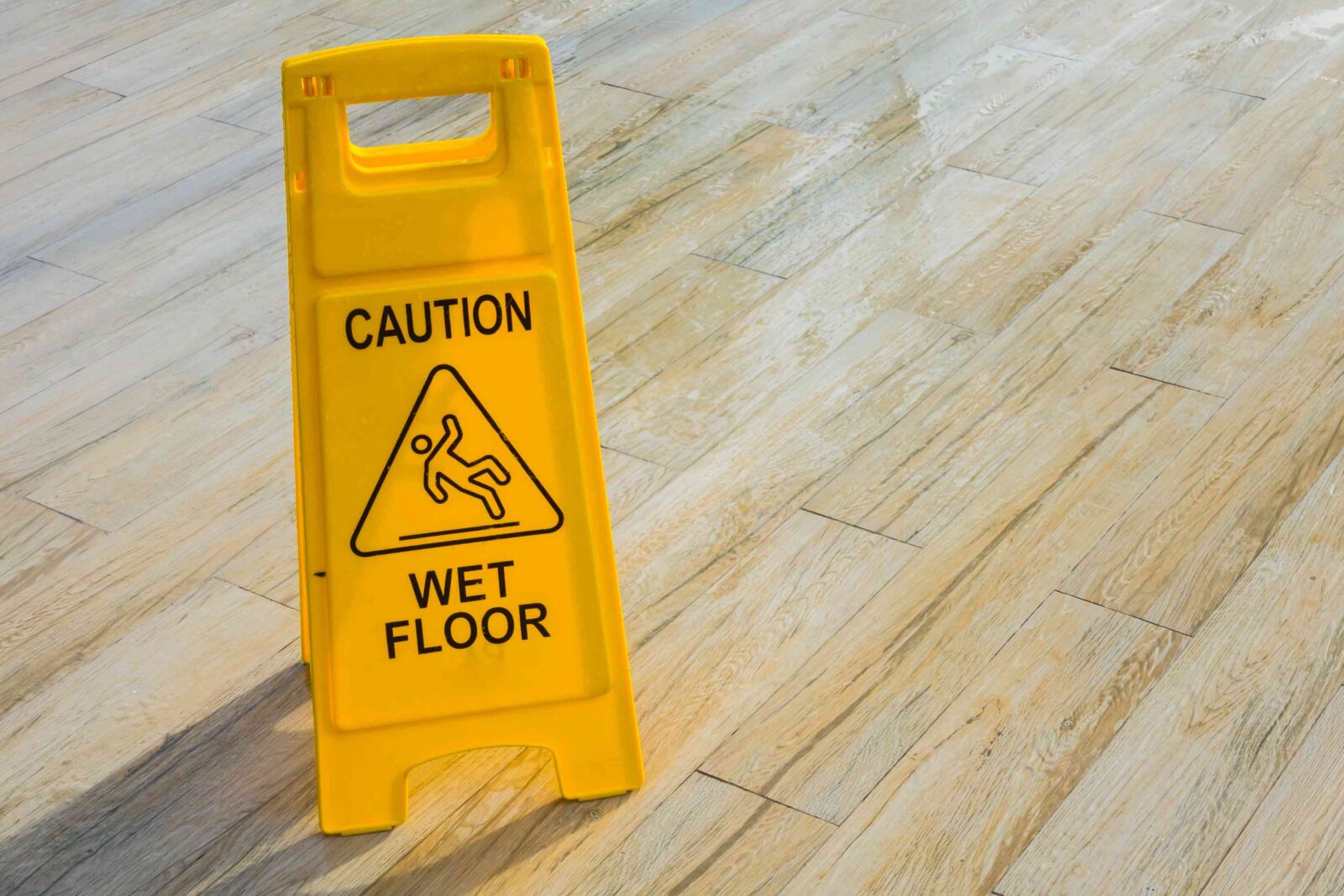How to Prevent Slippery Floors
How to Prevent Slippery Floors
Slippery floors can pose significant risks in both residential and commercial settings, leading to accidents, injuries, and financial liabilities. Whether at home or in public spaces, it's crucial to take proactive measures to minimize the risk of slips and falls. By understanding the causes of slippery floors and implementing preventive strategies, you can create safer environments for yourself and others.
Understanding Slippery Floors
Slippery floors can result from various factors, including spills, moisture, polished surfaces, and improper cleaning techniques. Common areas prone to slippery conditions include kitchens, bathrooms, entryways, and commercial spaces with high foot traffic.
Consequences of Slippery Floors
The consequences of slippery floors can be severe, ranging from minor bruises to fractures and head injuries. Additionally, businesses may face lawsuits and reputational damage due to slip and fall accidents on their premises.

Preventive Measures at Home
To prevent slippery floors at home, consider using cleaning products specifically designed for non-slip surfaces. Place rugs and mats in areas prone to spills, and invest in non-slip floor coatings for added traction.
Preventive Measures in Public Spaces
In public spaces, regular maintenance of floors is essential to address potential hazards promptly. Installing warning signs in slippery areas and applying anti-slip treatments and slip risk assessment services can help prevent accidents and protect visitors.
Choosing the Right Flooring Material
When selecting flooring materials, opt for those with non-slip properties, such as textured surfaces or slip-resistant coatings. Consider factors such as durability, ease of maintenance, and suitability for the intended use.
Importance of Footwear
Wearing appropriate footwear can significantly reduce the risk of slips and falls. Look for shoes with slip-resistant soles and good traction, especially in environments where slippery floors are common.
Regular Inspection and Maintenance
Regularly inspecting floors for hazards and addressing them promptly is crucial for preventing accidents. Implementing a maintenance schedule for cleaning and repairs can help maintain a safe environment.
Educating Others
Educating family members, employees, and visitors about the importance of floor safety is essential for creating awareness and promoting responsible behavior. Provide training on proper cleaning techniques and the use of safety equipment.
Emergency Preparedness
In the event of a slip and fall accident, knowing how to respond promptly can minimize the severity of injuries. Keep first aid supplies readily available and ensure everyone knows whom to contact for assistance.
Seeking Professional Help
For comprehensive floor safety solutions, consider consulting professionals who specialize in assessing and mitigating slip hazards. They can offer tailored recommendations based on your specific needs and requirements.
Share
Recent posts
-
What is BS 7976 Pendulum?
Posted 25th June, 2024 -
What are the Laws in the UK Regarding the Danger of Slipping in Public Places
Posted 25th June, 2024 -
What is the pendulum slip rating test?
Posted 25th June, 2024 -
What Are Floor Wear Resistance Ratings?
Posted 30th May, 2024 -
Tile/floor manufacturers? This service is for you
Posted 30th May, 2024 -
Floor Wear Assessment-Types of Flooring
Posted 30th May, 2024
